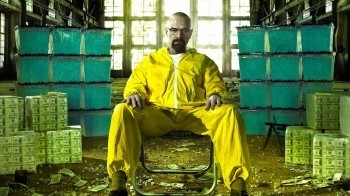
Much has been written about the way in which social media has reinvigorated live television, particularly from the perspective of the audience (for example, Liz Evans, Sheryl Wilson, or Inge Sø renson). But much less is known, or written, about how the liveness of social media has affected the production of a range of forms of live television that have made increasing use of platforms such as Twitter, Facebook, Periscope, Instagram and






